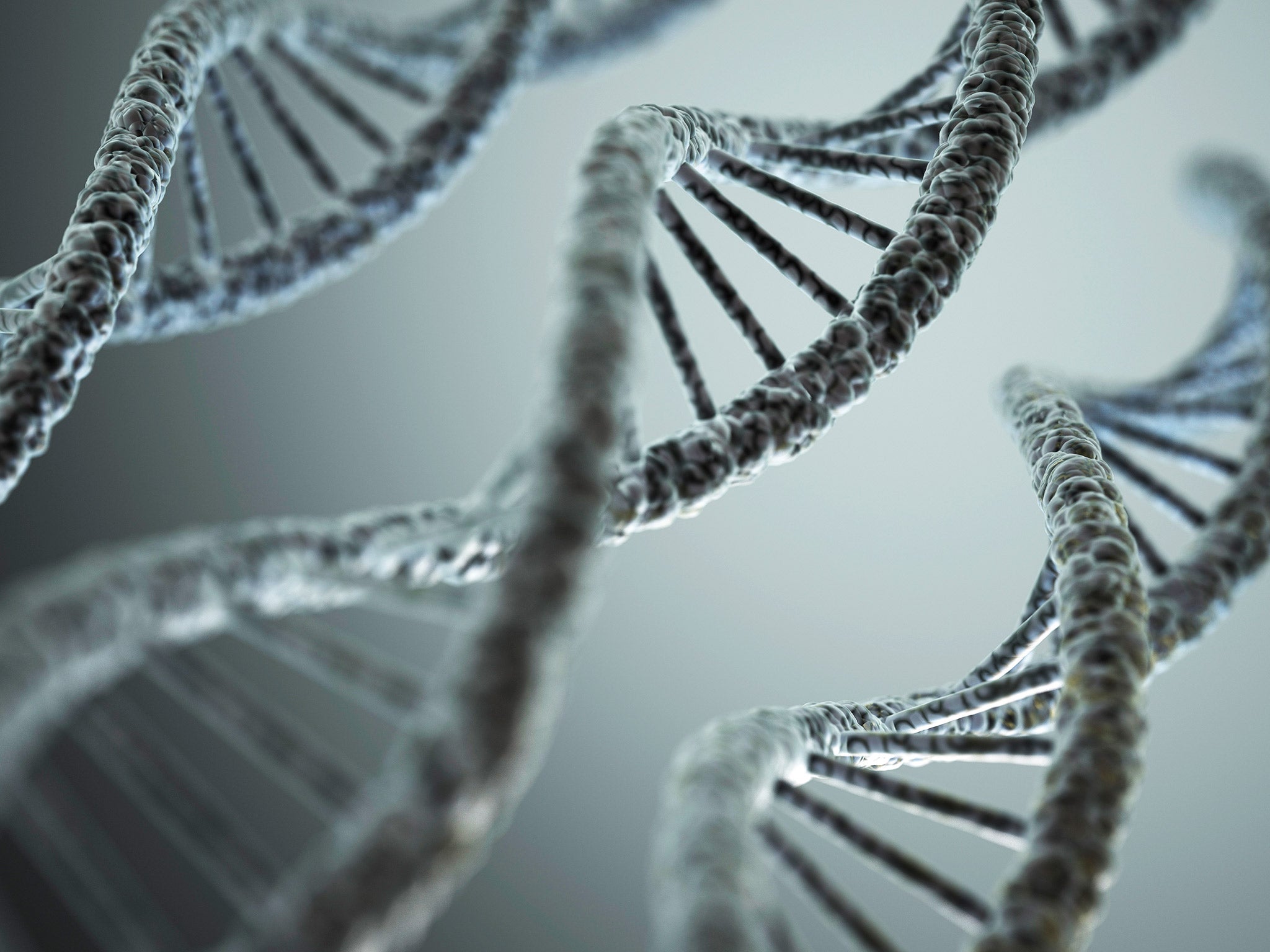DNA changes could explain why autism runs in families, according to study
This is one of the first studies to indicate that epigenetic changes may be involved in passing autism on from parents the children

Your support helps us to tell the story
From reproductive rights to climate change to Big Tech, The Independent is on the ground when the story is developing. Whether it's investigating the financials of Elon Musk's pro-Trump PAC or producing our latest documentary, 'The A Word', which shines a light on the American women fighting for reproductive rights, we know how important it is to parse out the facts from the messaging.
At such a critical moment in US history, we need reporters on the ground. Your donation allows us to keep sending journalists to speak to both sides of the story.
The Independent is trusted by Americans across the entire political spectrum. And unlike many other quality news outlets, we choose not to lock Americans out of our reporting and analysis with paywalls. We believe quality journalism should be available to everyone, paid for by those who can afford it.
Your support makes all the difference.Scientists have come up with a possible explanation for why autism appears to run in families – suggesting it can be triggered by changes in the chemicals attached to DNA.
A study of sperm from 44 fathers of babies who showed early signs of autistic symptoms shows that “epigenetic” changes to the men’s DNA could transmit the condition to the next generation.
Epigenetic changes involve modifications in chemicals attached to the DNA molecule – rather than mutations to the DNA sequence itself.
The changes detected in this study have been linked with abnormal development of nerve cells in the brain.
It is well established that autism tends to run in families but this is one of the first studies to indicate that epigenetic changes may be involved in increasing the risk of having a child who develops autism.
“This study shows the importance of epigenetics as an area of research for autism, not only in the child but for the parents at the time of conception and child birth,” said Professor Daniele Fallin of the Johns Hopkins University School of Medicine in Baltimore, Maryland.
The study, published in the International Journal of Epidemiology, analysed the level of changes to the “methylation patterns” present on the DNA of the men’s sperm. It compared these epigenetic changes with the degree of autistic-like symptoms shown by the men’s babies.
“The higher the methylation in the genes we looked at, the higher the score for observational risk for the autistic symptoms in the children,” Professor Fallin said.
The researchers believe the study revealed a possible clue that could help to explain why parents who have one autistic child have a higher risk than the general population of having a second child with autism.
“This is a pilot study on a small number of special patients so we’re not making any generalised statements on the causes of autism,” said Professor Andrew Feinberg of Johns Hopkins University, a specialist in epigenetics.
The researchers looked for epigenetic changes or “tags” at 450,000 positions on the DNA molecule throughout the genome. They found 193 sites where the presence or absence of a tag could be link statistically with autistic symptoms, and these were close to genes involved in early development, especially of nerve cells in the brain.
Join our commenting forum
Join thought-provoking conversations, follow other Independent readers and see their replies
Comments